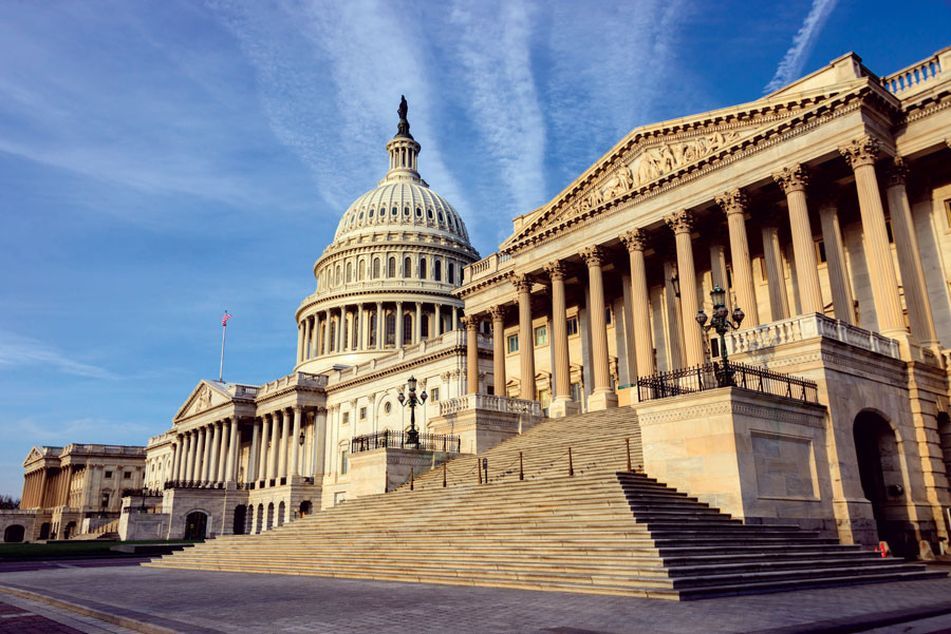Senate tries to put SECURE retirement bill on fast track

Supporters want to maintain momentum of 417-3 House approval.
Legislation that would bring about the biggest reforms in retirement policy in more than a decade could be headed toward quick passage in the Senate.
Shortly after the bill — the Setting Every Community Up for Retirement Enhancement Act — passed the House on a 417-3 vote on May 23, it was set up for approval in the Senate by unanimous consent, a process known as “hotlining.”
The Senate didn’t proceed to a vote before the Memorial Day recess because a couple members, including Sen. Ted Cruz, R-Tex., resisted. Mr. Cruz was upset that the House version of the bill removed two provisions related to expanding 529 college savings programs to cover home schooling and primary and secondary school expenses.
Senate leaders are trying to overcome those objections and hotline the SECURE Act, according to supporters of the bill.
“Despite the current hold up, there’s strong bipartisan support in the Senate, and we hope that we’ll get it on the fast track,” said Chris Spence, senior director of government relations at TIAA.
The bill has been the focus of a strong lobbying push by insurance groups.
“There’s a good chance this could be put on the [Senate] floor and passed with a significant bipartisan vote, as was exemplified in the House,” said Paul Richman, chief government and political affairs officer at the Insured Retirement Institute.
Among other provisions, the legislation would provide legal protections for employers to include annuities in retirement plans, make it easier for small businesses to band together to offer plans, and increase the age for required minimum distributions from 70 1/2 to 72.
The legislation is largely similar to the Retirement Security and Enhancement Act, which has been introduced by Senate Finance Committee chairman Charles Grassley, R-Ia., and ranking member Ron Wyden, D-Ore.
In statements after House approval of SECURE, both senators indicated they wanted the Senate to quickly pick up the House bill. Otherwise, if the Senate passed RESA and then reconciled RESA with the House-approved SECURE, it would eat up limited legislative days on the congressional calendar.
“That’s a huge challenge,” said Kathleen Coulombe, vice president of federal relations for retirement security at the American Council of Life Insurers. “It’s incredibly difficult for them to find floor time.”
The Senate wouldn’t gain much from passing RESA separately.
“It’s a rare example of Congress being efficient,” said Jason Rosenstock, partner at Thorn Run Partners, a lobbying firm.
After Congress approves SECURE, it is likely to turn its attention to the next phase of retirement-security legislation, including a bill recently introduced by Sens. Robert Portman, R-Ohio, and Ben Cardin, D-Md.
Learn more about reprints and licensing for this article.








